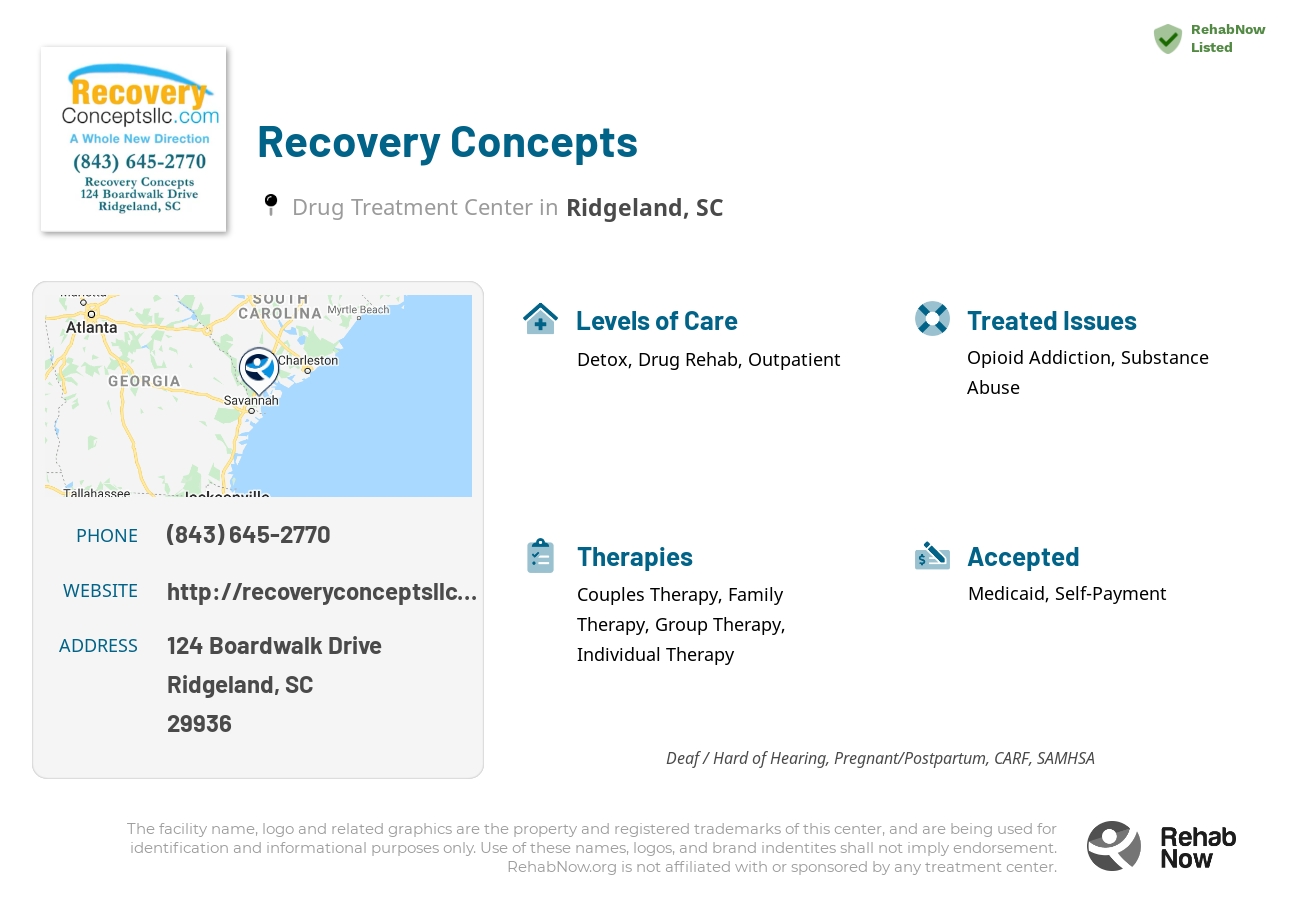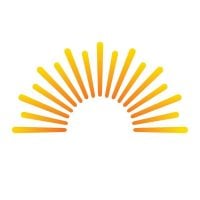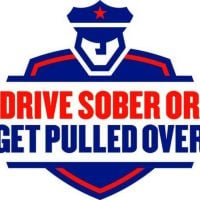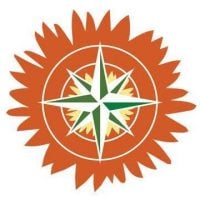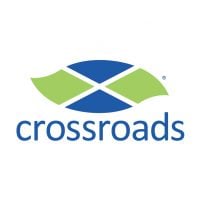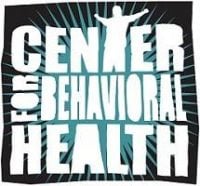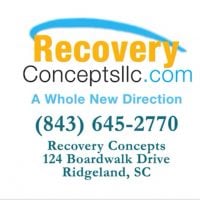
Recovery Concepts
Drug Rehab Center in Ridgeland, South Carolina
- Substance Abuse
- Opioid Addiction
- Drug Addiction
Recovery Concepts in Ridgeland, South Carolina, is a leading provider of addiction and substance abuse treatment services, offering evidence-based treatment options tailored to meet individual and family needs, including specialized protocols and holistic therapies, in a state-certified and Joint Commission-accredited facility.
About Recovery Concepts in South Carolina
Recovery Concepts located in Ridgeland, SC, is at the forefront of fighting opiate dependence through medically assisted treatment. This dedicated facility stands out for its specialized focus on opiate addiction, offering a blend of modern medicine and comprehensive support to foster healing and recovery.
Boasting CARF and SAMHSA certifications, Recovery Concepts is recognized for its commitment to quality and effective treatment standards. With a team of certified clinicians, the facility offers a range of evidence-based and individualized treatment plans, ensuring that each patient receives the care and support they need.
- Specialized in opiate addiction treatment, Recovery Concepts offers a unique approach to recovery.
- State-certified and Joint Commission-accredited, highlighting the facility’s adherence to high standards of care.
- Offers a comprehensive range of services including medical detox, dual diagnosis treatment, family therapy, and more, catering to individual needs.
Recovery Concepts provides targeted treatment for opiate addiction utilizing methods like medication-assisted treatment, cognitive-behavioral therapy, and trauma-informed care. Patients have access to a variety of care levels, including detoxification and outpatient services, tailored to support their journey toward sobriety.
Genders
Ages
Modality
Additional
Accreditations
SAMHSA

CARF
The Commission on Accreditation of Rehabilitation Facilities (CARF) is a non-profit organization that specifically accredits rehab organizations. Founded in 1966, CARF's, mission is to help service providers like rehab facilities maintain high standards of care.
Conditions and Issues Treated
A combination of treatments is often needed to treat drug abuse. Some addictions can be treated with counseling and support groups. In other cases, drug abuse can lead to a medical problem and require medical treatment. Treatment for drug addiction typically combines counseling and psychotherapy with medication and behavioral therapies.
A combination of treatments is often needed to treat drug abuse issues effectively. In the case of drug abuse, there is no easy answer or one-size-fits-all cure.
Opioid addiction has become a significant health problem in the United States. In 2015, there were 91 opioid overdose-related deaths per day, with a substantial increase in mortality rate in 2014.
When opioid addiction has reached a point where a person’s life becomes unmanageable, treatment options are available to help them get sober. Treatment that includes medical care with medications and counseling can help a user transition into sobriety.
Levels of Care Offered
This center offers a variety of custom treatment tailored to individual recovery. Currently available are Detox, Drug Rehab, Outpatient, with additional therapies available as listed below.
One of the first things an addict should do when entering treatment is to abstain from using illicit drugs completely. Depending on the length of time that the person has been using, the addict may have to go through alcohol or drug withdrawal. Fortunately, detox doesn’t have to be done alone, and withdrawal symptoms can be managed medically in an inpatient or outpatient setting. While detox may be uncomfortable, it is not life-threatening. Detoxification allows the addict to rid the body of all traces of drugs or alcohol and gives the addict a clean slate for their recovery.
Outpatient treatment is often used for drug addicts in drug rehab. Outpatient treatment consists of counseling and therapy sessions. This form of treatment is also called ‘day-treatment’. The outpatient treatment process begins with the addict’s initial detox period, lasting about ten days.
Outpatient treatment is used for those who are at moderate risk for ‘slipping back’ into the addiction, for those who:
- Are not currently experiencing any side effects from withdrawal and can handle social pressure
- Can handle stressors that might trigger relapse
- Have a stable living environment or have moved out of their previous environment, which was not conducive to being sober
- Have a support system that allows them to go to a facility a few times a week while still keeping their current responsibilities
- Have no legal obligations, being either on parole or probation, that require them to seek treatment at a mandatory facility
- Are not currently experiencing any side effects from withdrawal and can handle social pressure
- Have a stable living environment or have moved out of their previous environment, which was not conducive to being sober
Therapies & Programs
Because no single treatment is effective for all addicts, the goal of treatment and therapy should be to figure out what works best for each individual. Tolerance and withdrawal levels differ from person to person, affecting the treatment intensity required. Addiction treatment should aim to help addicts develop healthy coping mechanisms for dealing with their addiction and its underlying causes.
Couples therapy works with clients and significant others in a professional capacity to improve relationship dynamics. This can be helpful for addicts who are trying to marry the idea of recovery into their work, family, social lives – any aspect that has to do with relationships. Through counseling sessions, addicts will have an opportunity to talk about their addiction with professional partners.
Family therapy is beneficial for people who are in addiction treatment services because it offers addicts the opportunity to work with their family members to better understand what led them to make choices that contributed to their addiction.
This type of therapy helps family members reach a deeper understanding of how they can best support their loved one during recovery. It also helps the addict better understand their own motivations and triggers that led them to turn to substance abuse.
Family therapy can help addicts in the following ways:
- Assists family members in processing difficult feelings so they don’t blame or resent recovering addicts
- Assists family members in understanding how addiction has impacted the addict and everyone who is involved with them
- Allows the addict to take responsibility for their actions, while encouraging improved communication skills
- Helps family members understand how to best support an individual in recovery so addicts don’t relapse again.
Group therapy can help build a stronger support system and give addicts in Ridgeland, SC insight into their addiction that they gain through shared conversations. Group therapy occurs in a controlled group environment, exclusive of one on one meetings. This makes it safer for patients to feel comfortable sharing the struggles they’re going through and gaining perspective.
Payment Options Accepted
For specific insurance or payment methods please contact us.
Additional Details
Specifics, location, and helpful extra information.
Ridgeland, South Carolina 29936 Phone Number(843) 645-2770 Meta DetailsUpdated April 15, 2024
Staff Verified
Recovery Concepts Patient Reviews
There are no reviews yet. Be the first one to write one.
Ridgeland, South Carolina Addiction Information
More than 610,000 of South Carolina residents, or a staggering 11.9% of the state population, uses illicit drugs and another 230,000 residents abuse alcohol every year. A majority of the illegal drugs used and abused are opioids. Marijuana use and underage drinking occur amongst the young residents of this state–though at a lower rate compared to the national average.
Treatment in Nearby Cities
- Saluda, SC (124.9 mi.)
- Vance, SC (81.7 mi.)
- West Columbia, SC (115.0 mi.)
- Cowpens, SC (192.0 mi.)
- Hartsville, SC (149.6 mi.)
Centers near Recovery Concepts
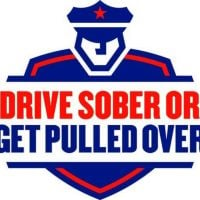


The facility name, logo and brand are the property and registered trademarks of Recovery Concepts, and are being used for identification and informational purposes only. Use of these names, logos and brands shall not imply endorsement. RehabNow.org is not affiliated with or sponsored by Recovery Concepts.



